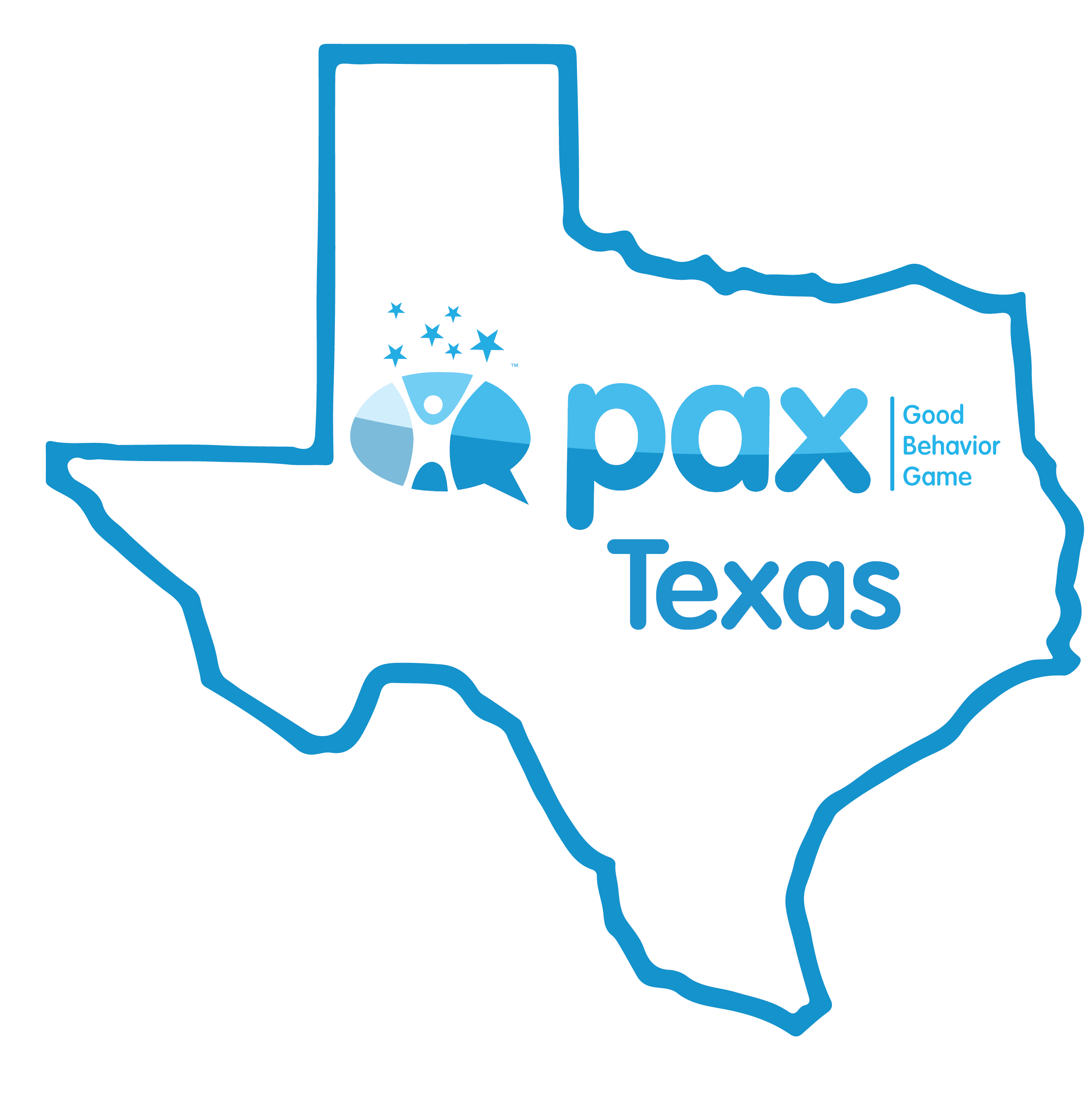
PAX Tools for Youth Workers
PAX Tools for Youth workers
About PAX Tools for Youth Workers
This training is available in live virtual and self-paced online formats and consists of 4 content hours where participants learn how to implement eight
evidence-based strategies in their everyday interactions with young people. Participants will receive all the materials needed to implement PAX Tools
with the children they serve. Upon completion of the course, participants will be equipped with eight trauma-informed PAX Tools strategies they can
begin using as soon as the very next day!
You will learn about
• the unique influence youth workers have on young people
• how to teach behavior as a skill set
• the importance of a trauma-informed approach
• how to create a nurturing environment for young people
This training is appropriate for entry-level and part-time workers serving in one of the following fields:
- Camp Counselors
- Recreational Staff
- Seasonal Staff
- Volunteers
- And MORE
PAX Tools for Youth Workers Training
and Youth Development Professionals
MORE TRAININGS WILL BE COMING
We will have more trainings available in September when our grant renews. Check back in late July for postings for the upcoming 2025-2026 year!
If you have a team of 20 or more to train, please email us at paxgbg@esc13.net. We are scheduling now for 2025-2026.


Funding made possible (in part) by grant award number H79TI085747 from the Substance Abuse and Mental Health Services Administration and with the support of The Texas Health and Human Services Commission. The views expressed in training materials, publications and by speakers and moderators do not necessarily reflect the official policies of the Department of Health and Human Services or Texas Health and Human Services Commission; nor does mention of trade names, commercial practices, or organizations imply endorsement by the U.S. or Texas Government.
